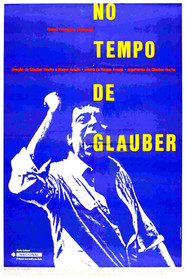detail profile paula gait c3 a1n
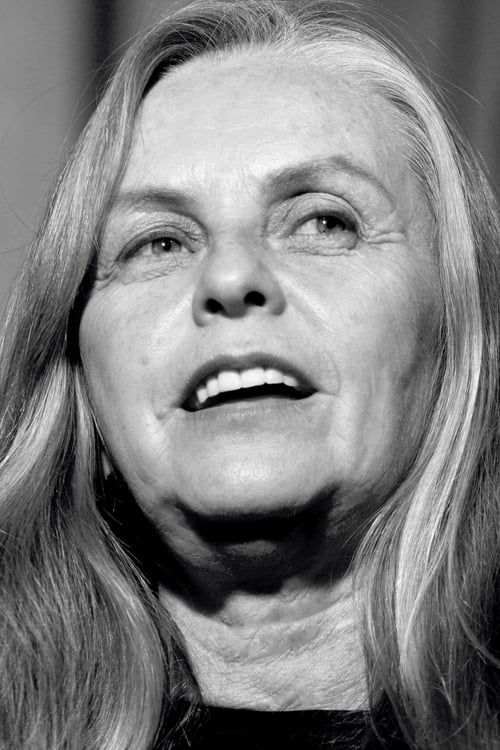
Riwayat Hidup
Paula Gaitán is a french-colombian filmmaker, based in Brazil.
She was married to the film-maker Glauber Rocha and made her debut as art director of the film The Age of the Earth (1980), a success at the Venice Film Festival.
She currently directs experimental and monumental films.
Info Pribadi
Peran Yang Di Mainkan Paula Gaitán
 After Luca and Jorge break up...
After Luca and Jorge break up...Girl Meets Boy 2025
After Lucía and Jorge break up, she starts dating a friend, and he starts dating an old crush. But will they find their happy ending?
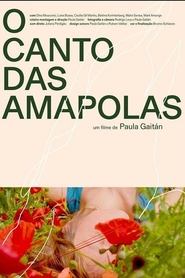 Intimate conversations between a daughter and...
Intimate conversations between a daughter and...O Canto das Amapolas 2023
Intimate conversations between a daughter and her mother. Through these off-screen dialogues, the film explores themes of family history, the Holocaust, and Judaism, blending personal memory with historical reflection.
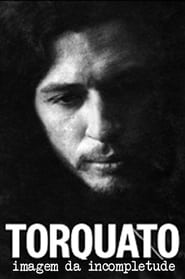 A reflection on the works and...
A reflection on the works and...Torquato, Imagem da Incompletude 2020
A reflection on the works and thinking of the last years of production by Torquato. Such as the magazine "Navilouca", the film "Terror da Vermelha", the column "Geleia Geral" and the controversial Cinema Novo X Marginal, among other passages important aspects of Brazilian culture in the 60s and 70s.
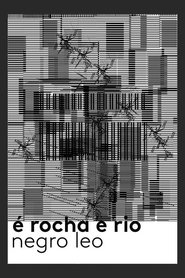 A meeting with music composer poet...
A meeting with music composer poet...Riverock 2020
A meeting with music, composer, poet and sociologist Negro Léo. He gives his thoughts on the development of music, Brazilian and international politics, the rise of neo-pentecostal evangelical churches and obsession over social media, in parallel with his own life story.
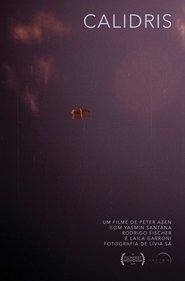 New York City attracts Jane and...
New York City attracts Jane and...Calidris 2019
New York City attracts Jane and Carlos, like so many others, with the promise of a better life. That's why they've left their home country, Brazil. Yet as immigrants, they don't have all the opportunities that the American dream implies. Their search for a new and better life represents that of all the immigrants who dare to attempt a fresh start in another country. It is also the story of changes taking place in United States and Brazil. The fictional story about Jane and Carlos in this experimental film is intertwined with the personal experiences of the film team, which reports in interspersed episodes about their own immigration and that of others they've researched.
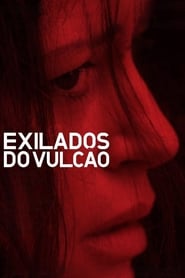 She menage to save from a...
She menage to save from a...The Volcano Exiles 2013
She menage to save from a fire a bunch of pictures and a diary written by hand. Those words and faces becomes the last traces left from the man she one day knew and loved. Crossing mountains and roads, she tries to remake his steps. The places she vists bring people, gestures, memories and histories that slowly become part of her life.
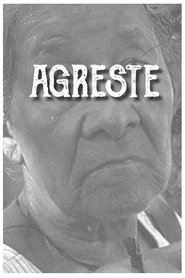 Drylands could be anywhere just as...
Drylands could be anywhere just as...Agreste 2010
Drylands could be anywhere, just as Marcélia Cartaxo could be many women (including herself). The actress is placed in a situation in which she encounters nature and other female figures, in some instances, her doubles. Out of these encounters spring other possibilities that operate in the world of representation, which, in the film originate from the same imaginary power as children's games in empty lots.
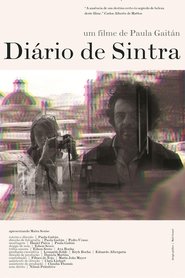 Using home movies and other media...
Using home movies and other media...Days in Sintra 2008
Using home movies and other media, a filmmaker returns to Sintra, Portugal to search for memories of her late husband, Brazilian filmmaker Glauber Rocha.
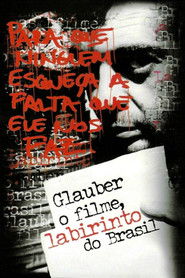 Documentary about Brazilian filmmaker Glauber Rocha...
Documentary about Brazilian filmmaker Glauber Rocha...Glauber Rocha - The Movie, Brazil's Labyrinth 2003
Documentary about Brazilian filmmaker Glauber Rocha, one of the most important names in the Cinema Novo, with interviews with some of his friends and colleagues.
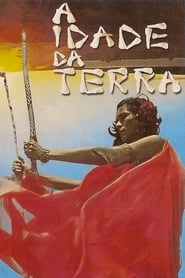 Drawing inspiration from a poem penned...
Drawing inspiration from a poem penned...The Age of the Earth 1980
Drawing inspiration from a poem penned by Castro Alves, this film vividly captures the political, cultural, and intellectual climate of Brazil during the late 1970s. At its core, the story revolves around four distinctive embodiments of Christ's image: a black man, a soldier, an Indian, and a guerrilla fighter. These courageous individuals, hailed as the harbingers of doom in the tupiniquim lands, valiantly combat the insatiable avarice and oppressive "civilizing" brutality propagated by the formidable John Brahms—a foreign exploiter devoid of morals.
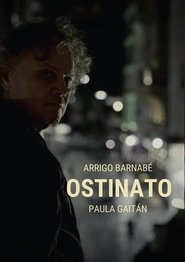 A documentary about the creative process...
A documentary about the creative process... A film like a monument Luz...
A film like a monument Luz...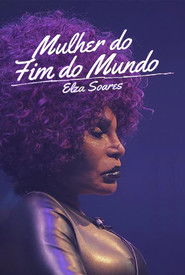 Music about becoming women in the...
Music about becoming women in the...